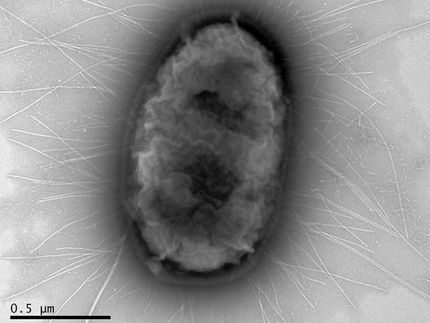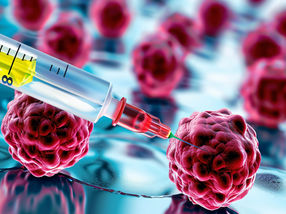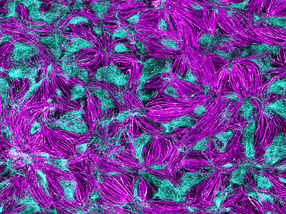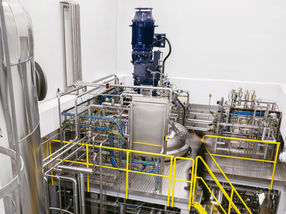Progenics Reports Positive Interim Phase 2 Results for Two Dosage Forms of Novel HIV Therapy PRO 140
Both intravenous and subcutaneous forms of PRO 140 showed potent and prolonged activity and were generally well tolerated
Progenics Pharmaceuticals, Inc. announced positive interim results from two separate phase 2 clinical trials of PRO 140 for the treatment of HIV infection. Both intravenous and subcutaneous forms of PRO 140, a viral-entry inhibitor, exhibited potent and prolonged activity as measured by reductions in plasma levels of virus in individuals with HIV infection. Interim results (based on the first 15 of 31 patients treated) from the study of intravenous PRO 140 were presented at the joint meeting of the Interscience Conference on Antimicrobial Agents and chemotherapy (ICAAC) and the infectious diseases Society of America (IDSA). In this study, a 2.17 log10 mean maximum reduction in viral load was observed in patients treated intravenously with a single 10 mg/kg dose, and the antiviral response persisted for three weeks post-treatment. The Company separately announced positive interim results (based on the first 20 of 44 patients treated) from the first clinical trial of subcutaneous PRO 140. In this study, the mean maximum viral load reduction was 1.77 log10 for patients treated subcutaneously with three weekly doses of 324 mg PRO 140, and the antiviral response persisted for two weeks after the last dose. Both intravenous and subcutaneous forms of PRO 140 were generally well tolerated in these studies.
“The viral load reductions observed for intravenous PRO 140 are similar in magnitude to those observed for our most potent HIV drugs at this stage of development,” said Jeffrey M. Jacobson, M.D., Professor of Medicine, Microbiology and Immunology, Chief, Division of Infectious Diseases and HIV Medicine, Drexel University College of Medicine and lead author of the ICAAC presentation. “The findings underscore the efficiency with which PRO 140 blocks HIV’s access to CCR5 and healthy cells in vivo. In addition, the antiviral and safety data for subcutaneous PRO 140 are highly encouraging. Many patients are excited by the potential for a potent and well-tolerated therapy that could be self-administered and yet not provide a daily reminder of their disease.”
PRO 140 is a humanized monoclonal antibody that blocks viral infection of healthy cells by binding to CCR5, a co-receptor that is the principal molecular portal used by HIV to enter and infect immune system cells. Some strains of HIV use the CXCR4 co-receptor as a portal of entry either exclusively or in addition to CCR5. CCR5 viral-entry inhibitors, such as PRO 140, are active in blocking infection in the majority of HIV patients whose virus uses the CCR5 portal, but do not block the entry of virus that uses the CXCR4 portal.
Topics
Organizations
Other news from the department research and development

Get the life science industry in your inbox
From now on, don't miss a thing: Our newsletter for biotechnology, pharma and life sciences brings you up to date every Tuesday and Thursday. The latest industry news, product highlights and innovations - compact and easy to understand in your inbox. Researched by us so you don't have to.
























































